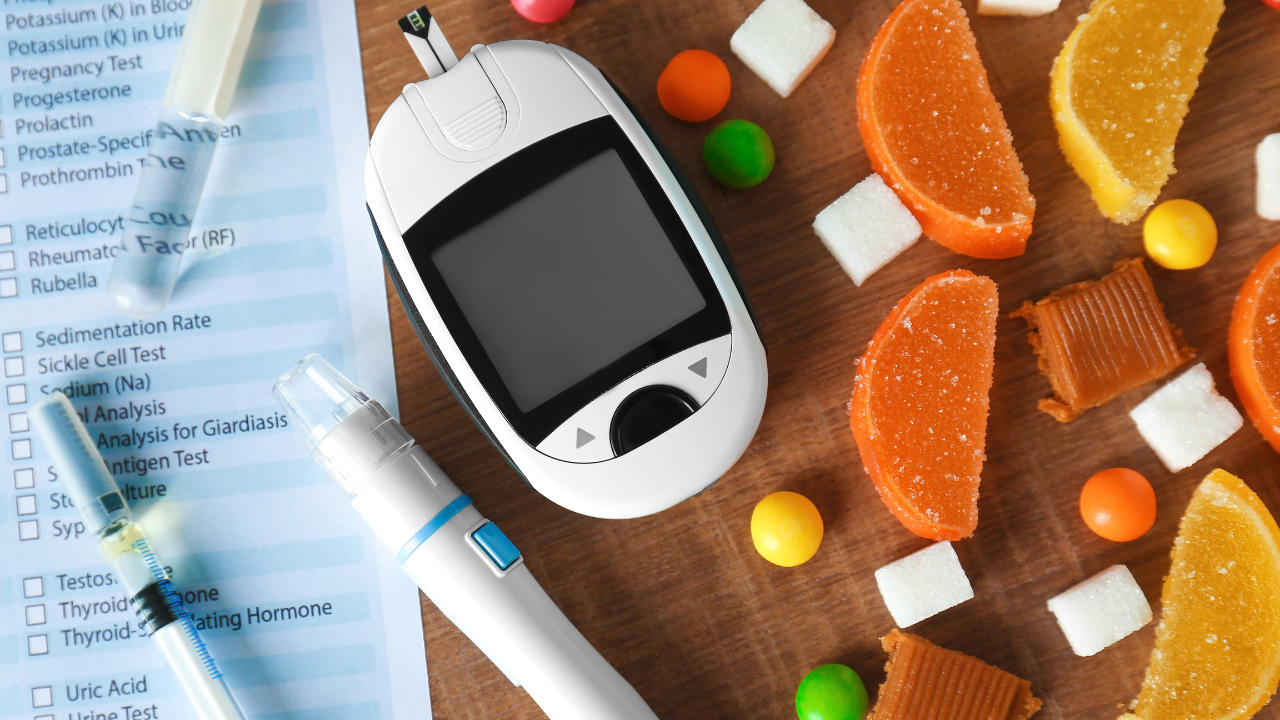
CAN EATING TOO MANY SWEETS INCREASE THE CHANCES OF DIABETES?
From candies to pastries, the need for some sugary treats is hard to resist. With rising concerns about health, particularly diabetes, it's important to understand whether consuming too many sweets can indeed increase the risk of developing this chronic condition. Here is all we need to understand about the relationship between sugar intake and diabetes and uncover the facts behind this issue.
What is the link between sugar and diabetes?
One of the most common questions people have is whether eating too much sugar directly causes diabetes. The answer is more complex than a simple "yes" or "no." According to the American Diabetes Association, Type 1 diabetes is an autoimmune condition where the body's immune system attacks insulin-producing cells, and it is not caused by sugar consumption. On the other hand, Type 2 diabetes, which is more prevalent, is closely linked to lifestyle factors, including diet.
It is believed that a diet high in sugar can lead to obesity, a significant risk factor for Type 2 diabetes. Excessive sugar consumption can cause weight gain, particularly in the form of visceral fat, which surrounds vital organs. This type of fat is associated with insulin resistance, a condition where the body's cells become less responsive to insulin, leading to higher blood glucose levels and, eventually, Type 2 diabetes.
What is the role of sugary drinks?
One of the most concerning sources of sugar is sugary drinks. Research published in the Journal of diabetes investigation found that individuals who regularly consume sugary beverages have a significantly higher risk of developing Type 2 diabetes. The study highlighted that even consuming one or two sugary drinks a day could increase the risk by as much as 26%.
The reason behind this is that sugary drinks cause rapid spikes in blood sugar levels, leading to insulin resistance over time. These drinks provide little to no nutritional value, contributing to weight gain without offering the necessary nutrients our bodies need. Limiting sugary beverages is a critical step in reducing the risk of diabetes.
What is the impact of added sugars on insulin resistance?
Which dry fruit should we soak and which should we not?
It’s important to differentiate between naturally occurring sugars found in fruits and vegetables and added sugars found in processed foods. Added sugars, such as those in candies, baked goods, and sweetened cereals, are particularly harmful when consumed in excess. Diets high in added sugars can lead to increased levels of insulin resistance, a precursor to diabetes.
Insulin resistance occurs when the body's cells fail to respond effectively to insulin, the hormone responsible for regulating blood sugar levels. As a result, the pancreas produces more insulin to compensate, but over time, this can lead to higher blood sugar levels and, eventually, Type 2 diabetes.
READ ALSO: 6 easy and natural ways to detox lungs
How important is consuming a balanced diet?
While it's clear that excessive sugar consumption can increase the risk of diabetes, it’s important to note that sugar itself is not inherently bad. The key lies in moderation and maintaining a balanced diet. The World Health Organisation (WHO) recommends that sugars should make up less than 10% of your total daily energy intake, and ideally, less than 5% for additional health benefits.